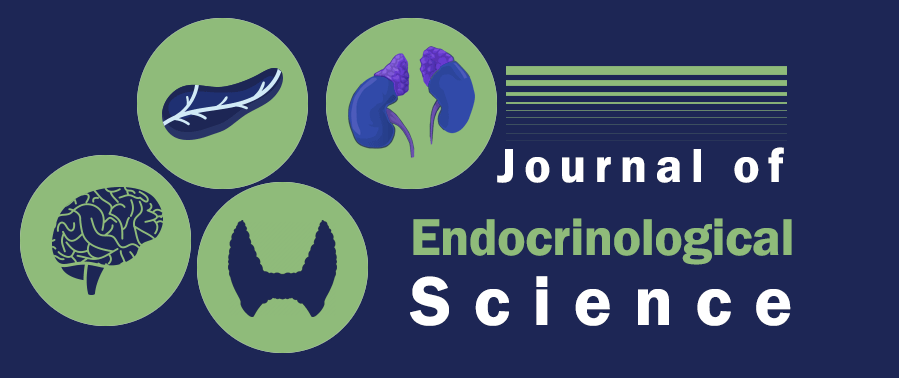A Study of Blood Pressure in Relation to the Light/Dark Variations of the Cardiac Hormone Atrial Natriuretic Peptide and the Pineal Hormone Melatonin in Adult and Old Population
Paolo Lissoni1*, Antonio Bastone1, Arianna Lissoni1, Franco Rovelli1, Giuseppe Di Fede1
1Institute of Biological Medicine, Milan, Italy
Several clinical studies have shown that blood pressure (BP) declines during the night in the healthy subjects, and that BP circadian rhythm tends to disappear with age. The mechanisms responsible for BP circadian rhythm and its aging-dependent loss need to be further understood. At present, it is already known that the two main hormones provided by hypotensive activity, consisting of the cardiac hormone atrial natriuretic peptide (ANP) and the pineal indole hormone melatonin (MLT), are mainly produced during the night, whereas hypertensive hormones, such as cortisol, are mainly produced during the early period of light phase. Then, the circadian variations of BP would be the consequence of changes in the neuroendocrine system. On this basis, a preliminary study was performed to establish which relation may exist among BP, ANP and MLT rhythms in the healthy subjects. The study included 20 65-year younger, and 20 65-year older healthy subjects. In 65-year younger subjects, both systolic and diastolic BP mean values significantly decreased during the night, whereas no significant difference occurred in the 65-older ones, because of BP values decreased in the night only in 13/20 (65) subjects. In addition, within the 65-year older group, both ANP and MLT night mean values were significantly higher in subjects with BP rhythm than in those, who had no BP daily variations. These preliminary results would suggest that age-dependent loss in the circadian rhythm of BP may be caused by the concomitant loss in the circadian secretion of at least two major hypotensive hormones, such as ANP and MLT.
DOI: 10.29245/2767-5157/2019/1.1103 View / Download Pdf